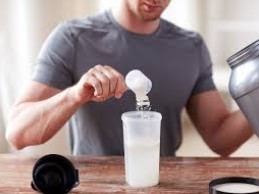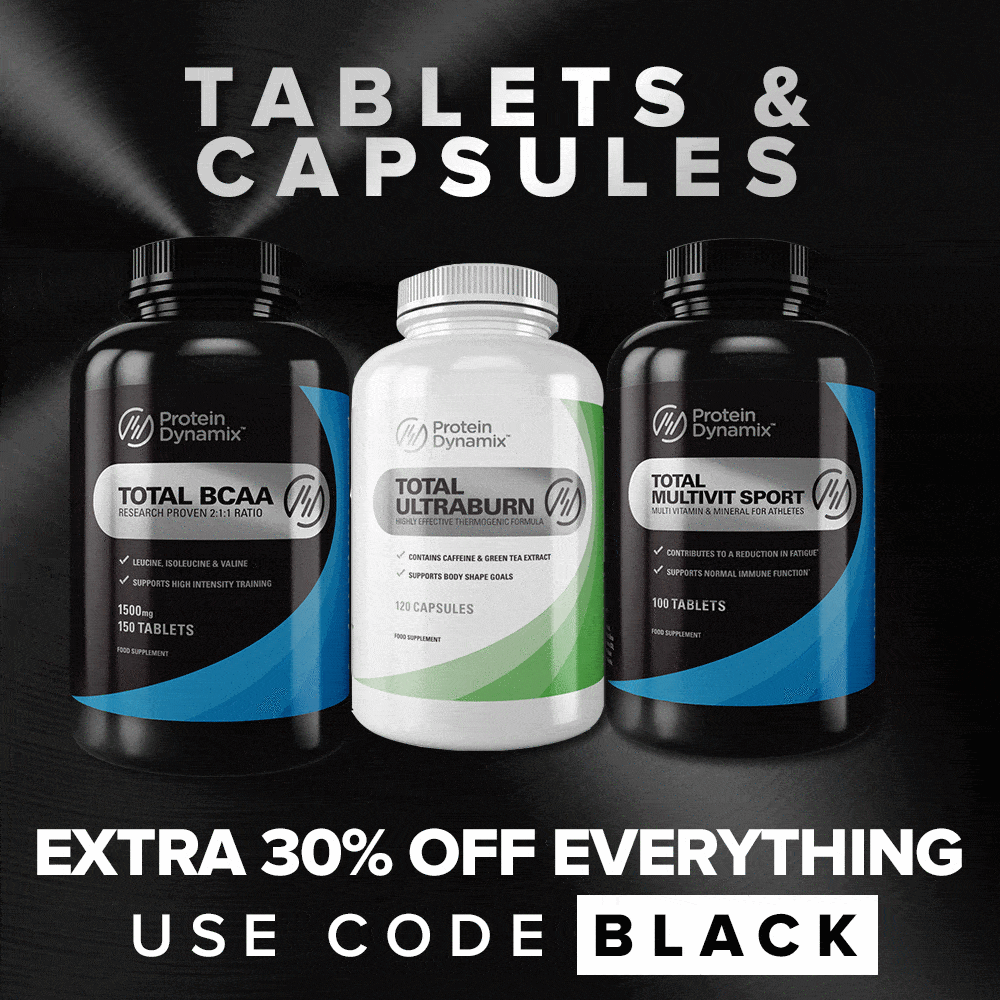Men's Health and Power Nutrition
As a man, a healthy diet will need to meet unique physical needs, fit with a particular lifestyle, and reduce your risk of disease. Nutritional needs differ for men depending on age and physical activity levels. Younger men usually need to consume more calories than older men, but still need to eat a varied, balanced diet. However, a healthy younger man weighing 80 kilos only needs about 60 grammes of protein, which is about 100grams of rump steak, so not a lot.
Men over 50 years need foods that are richer in nutrients than calories in order to maintain weight. After the age of 70, slightly more calcium is suggested as well as phosphorous which can be taken through eating dairy, eggs, sardines or salmon, almonds, cashews, rice, wheat and oat bran, and peanut butter.
Nutrients for Men
Vitamin D – This powerhouse vitamin reduces inflammation in the arteries and strengthens the skeleton, but all people, not just men, can be deficient in it because they don’t get enough ultraviolet B rays from the sun. Some foods that are rich sources of vitamin D include oily fish (like salmon), meat, eggs, dairy and mushrooms. Ask your doctor to test your vitamin D levels

Magnesium – This mineral is involved in more than 300 processes in your body. Low levels may increase the risk of heart disease. Studies say most men consume only about 80 per cent of the recommended daily magnesium since it is difficult to get all you need just from food.
Vitamin B12 – Good sources of vitamin B12 include meat, poultry, eggs, fish and shellfish, cheese, yoghurt and milk, and fortified cereals. Potassium – This essential mineral helps cells use glucose for energy and works to lower sodium in the blood. Avocados, potatoes and bananas are all excellent sources
Iodine – The thyroid glands need iodine to produce the T3 and T4 hormones, which control the burning of calories. If levels of the hormone are low, tiredness and weight gain are the result. Eggs, milk and yoghurt are good sources of iodine.
Healthline Partner Solutions
Get Answers from a Doctor in Minutes, Anytime
Have medical questions? Connect with a board-certified, experienced doctor online or by phone. Pediatricians and other specialists available 24/7.
Strength and Energy Nutrition Supplements
For those who exercise regularly, you probably want to be sure you are getting the best benefits from your efforts. For maximum muscle growth you need to eat more calories than you burn and consume more protein than you break down, together with an exercise regime that challenges the muscles. It is possible to do all this without nutritional supplements, but they can help to meet goals.
While it’s possible to meet all these criteria without taking dietary supplements, certain supplements may help gain more muscle with an exercise programme.
Creatine
Creatine is produced naturally in the body and provides energy for muscles and other tissues. Taking a nutritional supplement can increase muscle creatine content by up to 40 percent which promotes muscle growth and improves muscle strength. A creatine supplement can also increase the level of hormones involved in muscle growth, such as IGF-1.
Protein Supplements

While it’s possible to get all the protein you need from protein-rich foods, for some people this is difficult, so a protein supplement can help. The most popular are whey, casein and soy protein, while others contain protein isolated from eggs, beef, chicken or other sources.
Vitamin B7 (also known as biotin) is contained in egg yolks and in oats. If nails are brittle and hair is being lost, B7 can reverse such conditions. Oats also contain antioxidants, magnesium, and potassium, all good for cellular support.
If you have a high protein diet, supplements may offer no help in increasing muscle. If you are an active male trying to gain muscle, 1.2–2.0 grammes per kg of body weight is probably best.
Nutrition and Reproduction
Nutrition has a significant impact on men’s reproductive function. Whilst men can continue to father children into old age. However, sperm quality both in terms or number and motility starts to decline from the age of 35.
Best Foods and Nutrients for Strong Reproduction
Many foods provide all the nutrients you need for strong reproduction. Fortified breakfast cereals contain many of the best nutrients for good quality and quantity of sperm.
Zinc plays a role in regulating sperm count and quality.
Vitamin B9 or folic acid has also been linked to strong sperm and a high sperm count.
Vitamin B12 is critical for sperm healthy as it improves sperm motility, increases sperm count, and reduces sperm DNA damage.
Vitamin C is an antioxidant. Increasing vitamin C intake has been shown to improve sperm quality and quantity.
Vitamin D supplements have been linked to increases in testosterone and improved sperm motility.
Vitamin E has antioxidant properties that may protect sperm from damage.
Coenzyme Q10 is an antioxidant that all living cells need to function. CoQ10 supplements can increase semen quality in men who are infertile.
D-aspartic acid is an amino acid used in the regulation of male sex hormones, including testosterone. Supplements could increase sperm concentration and motility.
Omega-3s have wide-ranging health benefits, including enhanced sperm count, motility, and structure.

